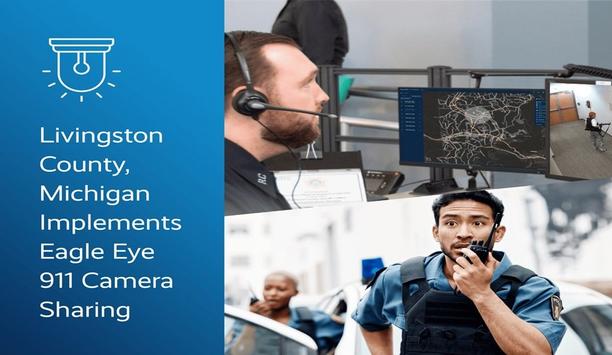 |
ADT offers an insight into enhancing security at public healthcare organisations |
ADT, Europe's leading provider of electronic fire and security solutions, published a whitepaper outlining strategies to enhance security at public healthcare organisations that need to protect patients and employees from ongoing threats. According to the NHS National Violence Against Staff statistics, there were 54,758 physical assaults against NHS staff from 2008-2009. The resulting cost to NHS trusts amounts to £69 million per annum. Achieving the required level of protection for staff and visitors without creating an unwelcoming environment for patients is difficult, especially with increasing acts of intimidation towards staff on a daily basis.
ADT recognises new and varied threats faced by healthcare organisations today, which demand an alternative approach to securing hospitals and care homes compared with a decade ago. Muriel Runnalls, Public Sector Marketing Manager at ADT says, "With innovative technologies entering the market, it is time for systems such as CCTV, access control and fire detection to deliver a safer environment for staff, visitors and patients."
ADT has identified several key areas that are crucial to ensuring the safety of staff and patients. These include:
- Avoid the ‘short-term' mentality approach to safety and security: Ensure a long-term strategy is in place to protect all staff and patients across multiple sites
- Make systems ‘talk': Integrated systems can enhance levels of protection by creating a single platform that allows individual systems to communicate seamlessly
- Consider centralised control and monitoring: This enables security operatives to control each component from a centralised workstation, streamlining the monitoring process and helping improve the efficiency and response time to potential incidents
"With innovative technologies entering the market, it is time for systems such as CCTV, access control and fire detection to deliver a safer environment for staff, visitors and patients": Muriel Runnalls
- Explore next generation CCTV: For increased staff productivity and cost efficiency
Muriel continues "The short-term, quick-fix approach that many facilities adopt can actually jeopardise an organisation, as it rarely provides the appropriate level of protection. We recommend a long-term, strategic approach to integrated security systems. We see the days of analogue and disparate systems drawing to a close because of their comparatively high costs and sub-optimal operation."
The whitepaper outlines the many benefits of centralised monitoring, while discussing integration options and advanced CCTV technologies. It also provides security planners with a broad picture of security solutions and software available for deployment. With today's innovations in security technology, the healthcare industry can take a more holistic approach to protecting people and assets as well as gaining greater operating efficiencies.


















